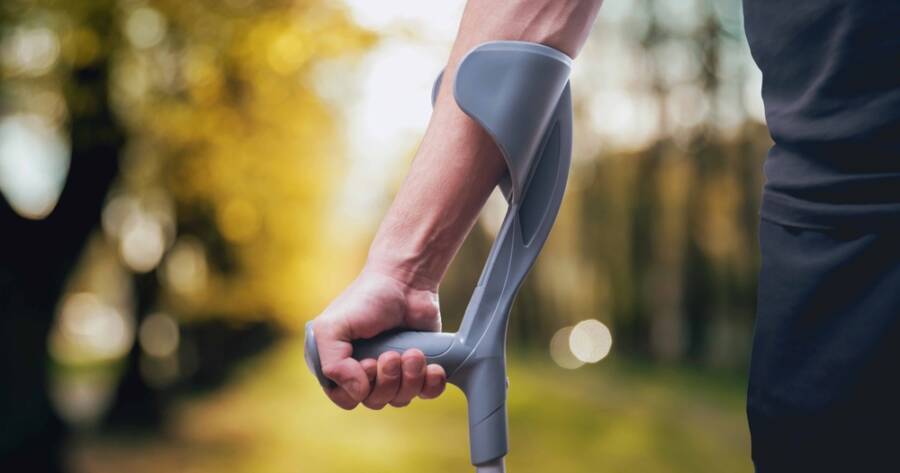Medicare mobility coverage offers essential support for individuals requiring durable medical equipment like walkers, wheelchairs, and scooters. With a focus on Medicare Part B, which covers equipment necessary for home use when prescribed, understanding the eligibility, costs, and supplier selection is critical. Discover comprehensive strategies to maximize Medicare benefits and enhance mobility.
Understanding Medicare Mobility Coverage
Medicare mobility coverage provides significant support for individuals who require assistance due to health-related conditions. The coverage primarily focuses on aiding those who need durable medical equipment (DME) such as walkers, wheelchairs, and mobility scooters. Medicare Part B, a key component of this coverage, ensures that beneficiaries receive medically necessary equipment when prescribed by a doctor for use at home.
Medicare Coverage for Walkers
Walkers, including rollators, are classified as durable medical equipment under Medicare Part B, allowing beneficiaries to gain essential mobility support. Once the Part B deductible is met, individuals generally pay 20% of the Medicare-approved amount for equipment like walkers. Whether renting or purchasing, it is critical to select suppliers who accept Medicare assignments to avoid full upfront payments. Furthermore, participating suppliers are responsible for any necessary repairs or replacements.
Mobility Scooters Through Medicare
For those requiring greater mobility assistance, scooters can be a viable option under certain conditions. To qualify, individuals must meet specific criteria, including a face-to-face examination with a doctor who accepts Medicare and demonstrate medical necessity within the home. Although knee scooters are not covered, power-operated devices can be funded up to 80% if Medicare Part B eligibility requirements are met. It is essential to compare plans like Medicare Advantage, as coverage and expenses might vary significantly.
Durable Medical Equipment (DME) Coverage Details
Medicare Part B encompasses a wide assortment of DME, which includes necessary home-use items like wheelchairs and medical beds. Equipment must be durable, last at least three years, and serve a medical purpose to qualify as covered DME. While most equipment is initially rented, ownership may be transferred after several payments. Special provisions for DME can arise during emergencies, allowing for easier replacement of damaged equipment.
Wheelchairs and Scooters: Eligibility and Process
Coverage for wheelchairs and scooters falls under rigorous processes, ensuring that each case fulfills Medicare’s medical necessity criteria to ensure home-use appropriateness. Beneficiaries must acquire a written prescription after a face-to-face examination with a healthcare provider. Medicare hinges heavily on the cooperation of DME suppliers who manage necessary paperwork and prior authorization submissions. Such authorizations fortify the procurement process, but any declines can bring prompt resubmission opportunities if more information becomes available.
Maximizing Medicare Benefits: Choosing the Right Supplier
To ensure that Medicare covers mobility devices, it is vital to select suppliers who are both enrolled and participate in Medicare. These suppliers can only charge the agreed coinsurance and deductible, shielding beneficiaries from unexpected additional costs if they conform with Medicare’s stipulations. This selection is particularly crucial given the potential 20% payment responsibility, unless supplementary insurances absorb these costs.
Why You Should Learn More About Medicare Mobility Today
Understanding the extent of Medicare mobility coverage can profoundly impact those facing mobility challenges. By deeply exploring coverage options, medical necessity requirements, and supplier selections, individuals can vastly improve their quality of life. Beneficiaries must remain well-informed about the equipment and services available to them under Medicare Part B. This understanding will enable them to access the necessary DME and avoid undue financial burdens. Exploring further details about Medicare’s mobility offerings provides not just knowledge, but practical pathways towards enhanced independence for those in need.





